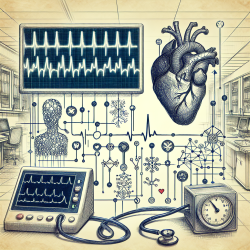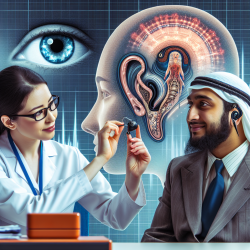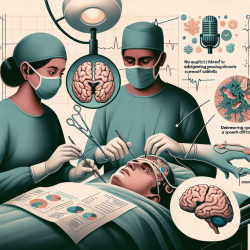Unlocking the Potential of AI in Echocardiography
In the realm of medical imaging, echocardiography stands out as a vital tool for diagnosing and managing cardiovascular diseases. However, its effectiveness is often hindered by the subjective nature of image interpretation, heavily reliant on the operator's experience. This is where Artificial Intelligence (AI) steps in, offering promising solutions to enhance diagnostic accuracy and consistency.
The Role of AI in Echocardiography
AI, particularly through machine learning algorithms, is revolutionizing echocardiography by providing automated, consistent, and accurate interpretations of echocardiograms. This technology addresses the significant interobserver variability that has long plagued the field. By integrating AI, echocardiographers can reduce the dependency on subjective knowledge, thus improving diagnostic performance.
Machine Learning: The Heart of AI in Echocardiography
Machine learning, a subset of AI, plays a crucial role in echocardiography by analyzing patterns in imaging data. It can be categorized into supervised, unsupervised, semi-supervised, and reinforcement learning. Each type offers unique benefits in processing and interpreting echocardiographic data, thereby enhancing the diagnostic process.
Applications of AI in Echocardiography
- Automated Assessment: AI technologies enable automated measurements of myocardial function and valvular disease, increasing reproducibility and efficiency.
- Diastolic Function: AI models can provide a more consistent interpretation of diastolic parameters, crucial for diagnosing heart failure with preserved ejection fraction.
- Global Longitudinal Strain: AI aids in assessing myocardial mechanics, offering insights into subclinical ventricular dysfunctions.
- Disease Identification: AI can identify various cardiac diseases by analyzing echocardiographic features beyond human perception.
Challenges and Considerations
Despite its advantages, AI in echocardiography faces challenges such as the "black box" nature of AI models, ethical concerns regarding data privacy, and the need for large, high-quality datasets. These issues necessitate further research and validation in diverse clinical settings.
Conclusion
The integration of AI in echocardiography holds immense potential to transform cardiac care by enhancing diagnostic accuracy and efficiency. Practitioners are encouraged to explore AI applications and consider further research to overcome existing challenges and fully realize the benefits of this technology.
To read the original research paper, please follow this link: The Role of Artificial Intelligence in Echocardiography.










